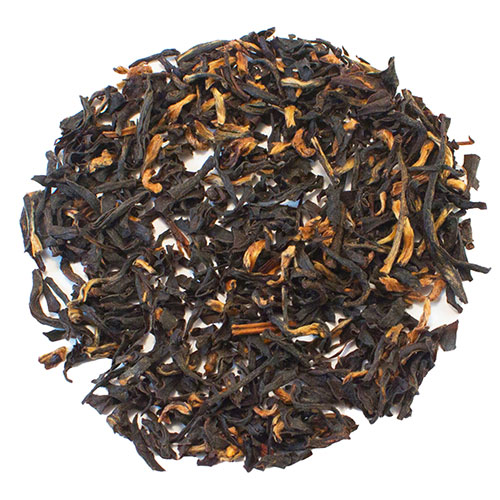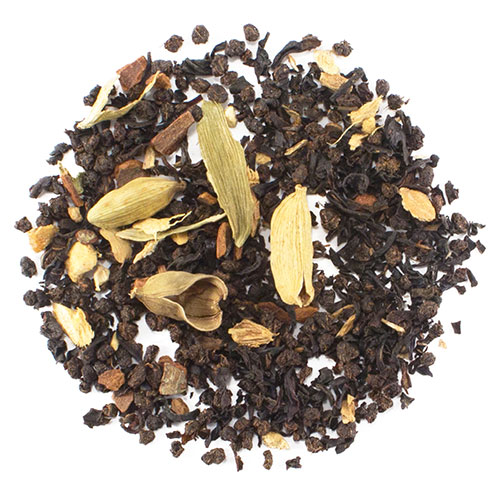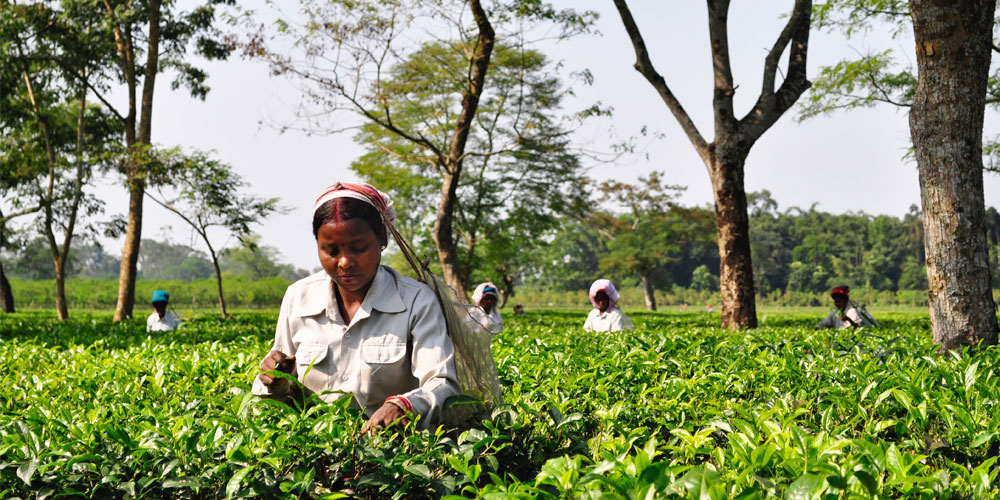Now that we are familiar with the health benefits of South African Rooibos and the history of Japanese Teas, let’s take a look at Indian black tea history and health benefits.
Colonization and Cultivation

India is currently one of the largest tea producers in the world, but it wasn’t always exporting in bulk. In the early 1820s, British colonists attempting to circumvent the Chinese tea supply chain discovered the Singpho tribe of Assam cultivating tea plants with thicker leaves and a stronger flavor than the Chinese strain.
At the time, Chinese tea plants were considered property of the Chinese empire, but that didn’t prevent Englishman Robert Fortune from stealing Chinese tea plants and bringing Chinese tea growers to attempt mass cultivation in Darjeeling. The Brits hybridized the Chinese and Assamic strains to survive in most areas of India; Darjeeling continues to use Chinese strains to this day.
Thankfully India now has control over its own tea industry, and the government lobbies extensively on behalf of its cultivators and laborers.
A Sign of the Times: To work during daylight hours, the tea gardens of Assam follow their own time zone known as “Tea Garden Time” or Bagantime, which is an hour ahead of Indian Standard Time. It was established by the British during colonial rule to account for the earlier sunrise.

From Chá to Chai
When most Westerners hear “chai” they typically think of Masala Chai, a blend of black teas, herbs, and spices. The word “chai” is a derivative of the Chinese character for tea (chá in Mandarin), so “chai” actually means “tea” in most languages.
Health Benefits of Indian Black Teas
Although it’s becoming more common to find Indian white teas and Indian green teas, most of the teas produced in India are black teas, which may offer the following health benefits:
- The flavonoids in tea are powerful antioxidants that can protect cells and tissues from oxidative damage by scavenging oxygen-free radicals.
- Theaflavins in black tea have reduced cholesterol and blood sugar levels in animal studies.
- There is even evidence black tea may help prevent the spread of hormone-dependent breast tumors.
Do you prefer the invigorating spices of chai teas, or the malty finish of a good Assam black tea? Let us know in the comments below!


